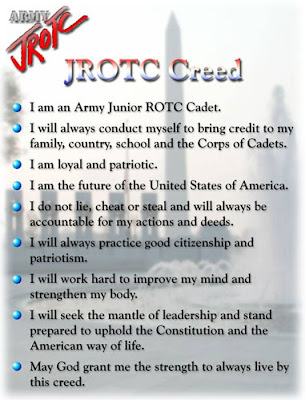Happy to Have Been a “Friend of Bill” Cavala
By Frank D. Russo
My friend Bill Cavala has died. Sunday morning, I received a phone call and was stunned. When I got over the initial shock, I asked the caller who should write an article and he said “Frank, you should.”
This is a daunting task—how do you encapsulate the rich life of a real character, an active doer of politics who made a difference in the outcomes of so many campaigns and who at the same time was a sagacious observer of the human condition? Doctor Cavala was a professional, an academic, analytical and scientific in his advice, and yet an emotional and passionate politico. Someone who enjoyed skewering his political opponents and yet had a soft spot for their frailties. And who made so many of his barbed points with humor.
You can read the first, no doubt, of many fine articles about Bill Cavala. There is an obituary in today’s San Francisco Chronicle placed lovingly by family members that gives details about his life’s history. There’s a wonderful piece at Calbuzz that captures much of Bill’s essence, and used the photo of him that I cropped for these pages (immediately reminding me of how difficult it was to find a picture of him when I started the California Progress Report. He kept out of the limelight.) And theSacramento Bee, often the target of many of his diatribes, pays respect to him and the imprint he made on California’s history in hundreds of campaigns.
Assemblymember Pedro Nava said it best when I advised him of the sad news: “Bill was a generous man. He willingly shared his experience and insight with me, did it without hesitation-and without the expectation of payback-exceedingly rare these days. We would all be well served if we followed his example of mission before ambition.”























.jpg)







